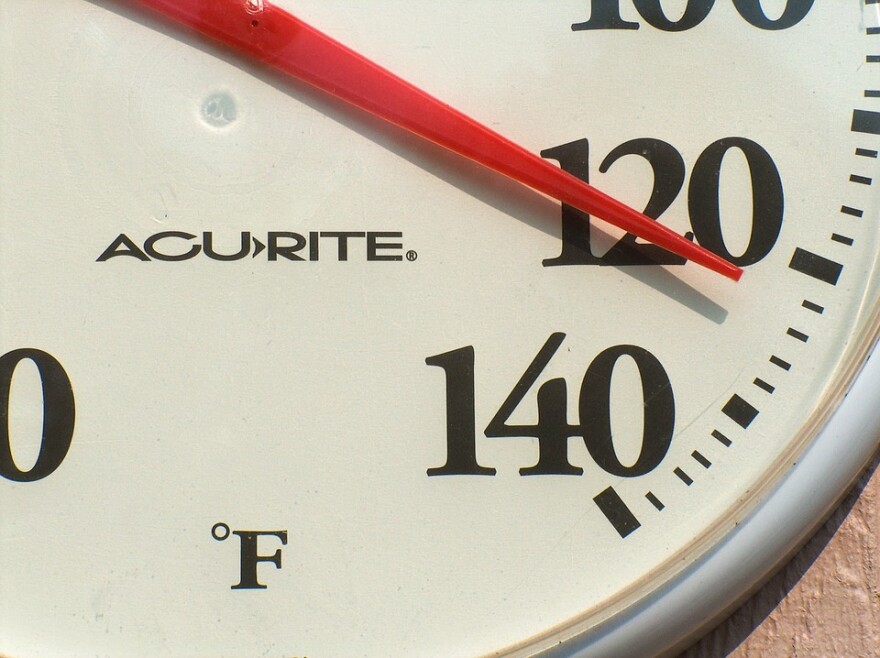Five major health risks in Michigan will increase due to climate change.
Asthma, allergies, and weather-related injuries will become more common after 2021. The report, from the University of Michigan's Climate Center, shows climate change will significantly impact public health over the next few decades.
Climate Center Director Beth Gibbons says the elderly, children, and those in poverty are most at risk.
“Heat illness...will become especially [more common] for those people who are most vulnerable. [Including] folks who spend a lot of time outside, so any type of laborers who are outdoors, but also people who are in a situation where they don’t have [air conditioning] or a way to get relief from the heat.”
The report identifies five major health risks which for Michigan residents.
- Respiratory diseases. Projected conditions favor increased air pollution and worsening respiratory disease. An earlier and longer growing season for plants could increase pollen levels, which in turn could exacerbate allergies and asthma.
- Heat-related illnesses. Heat waves featuring high temperatures, high humidity and stagnant air masses could become more common and may lead to increased levels of heat-related illness and death.
- Water-borne diseases. Across the Upper Midwest, extreme precipitation events have become more intense and more frequent over the past century. In coming decades, intense precipitation events and flooding are projected to stay the same or increase. Runoff from sewage and septic systems will remain a problem, potentially increasing the risk of water-borne diseases and, in some cases, harmful algal blooms.
- Vector-borne diseases. Projections point to warmer winters, earlier springs and warmer summers, conditions suitable for mosquito-borne diseases, such as West Nile virus and tick-carried diseases such as Lyme disease.
- Carbon monoxide poisoning and weather-related injuries. Weather-related power outages are likely to increase, especially in the winter, leading to increased use of generators and related cases of carbon monoxide poisoning. An increased frequency of freezing rain and flooding will raise the risk of motor vehicle accidents and other types of injuries.
Find the full report here.
Like 89.1 WEMU on Facebook and follow us on Twitter
— Amanda LeClaire is a reporter for 89.1 WEMU News. Contact her at 734.487.3363 or email her aleclair@emich.edu





